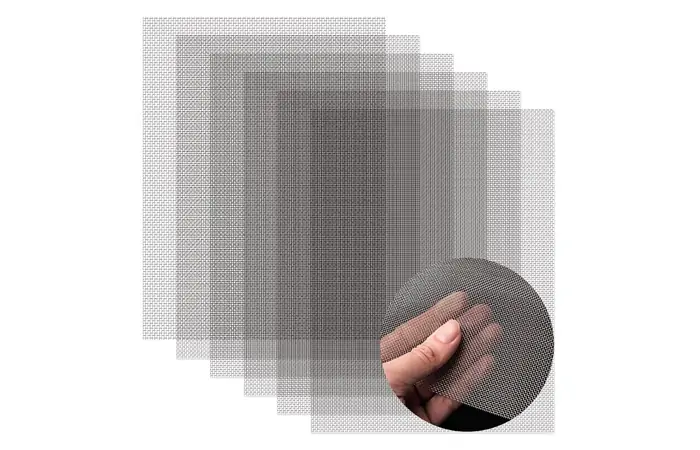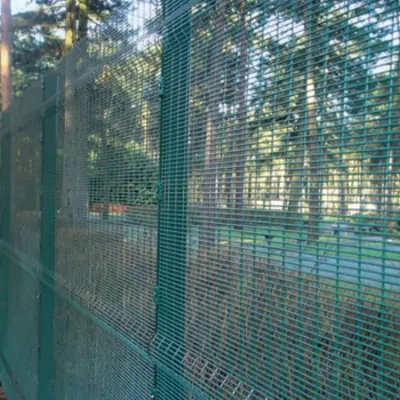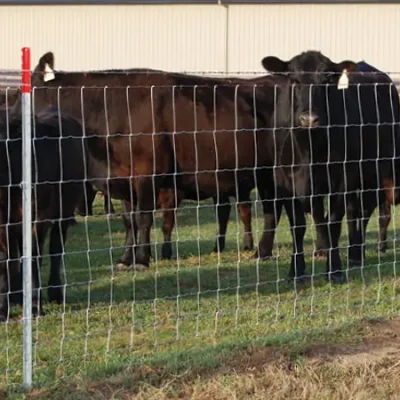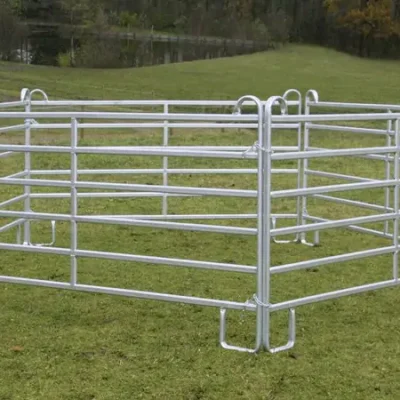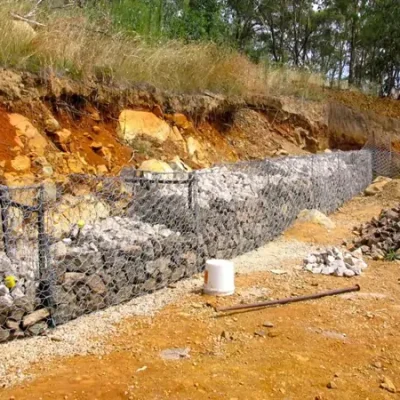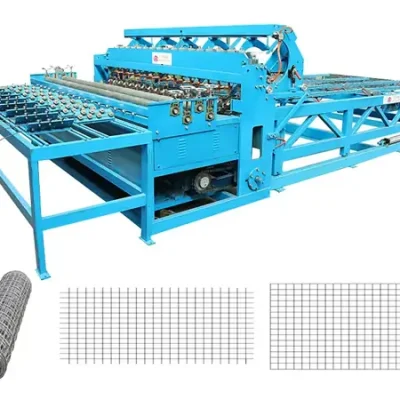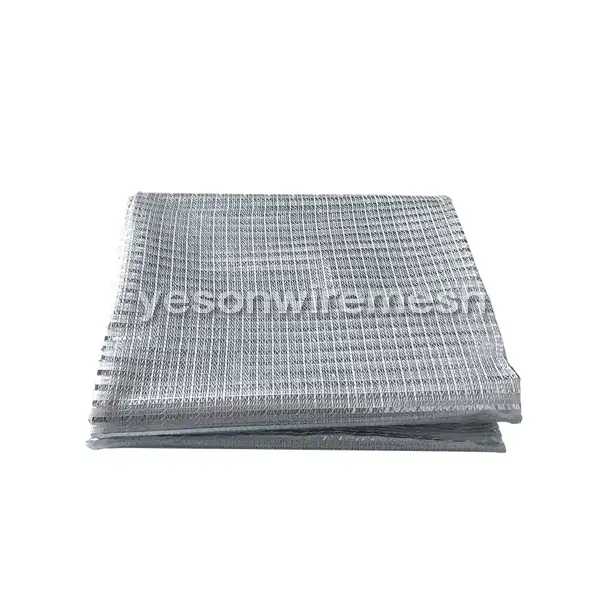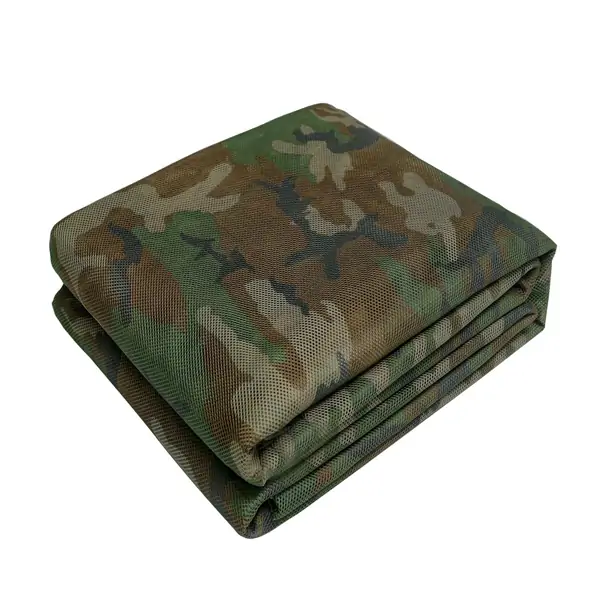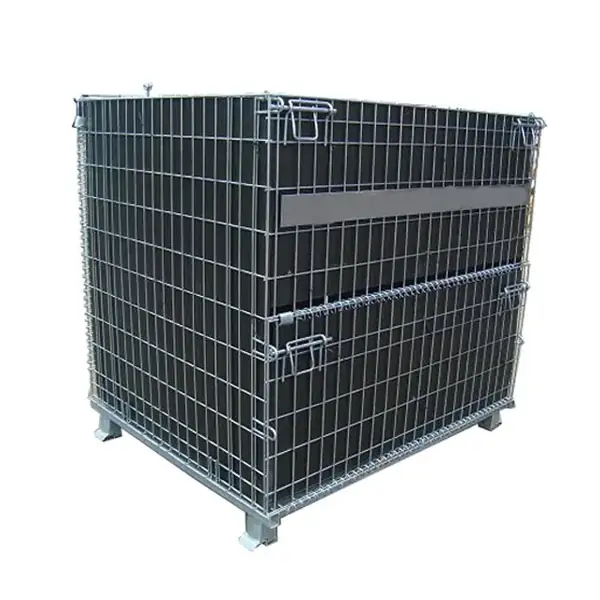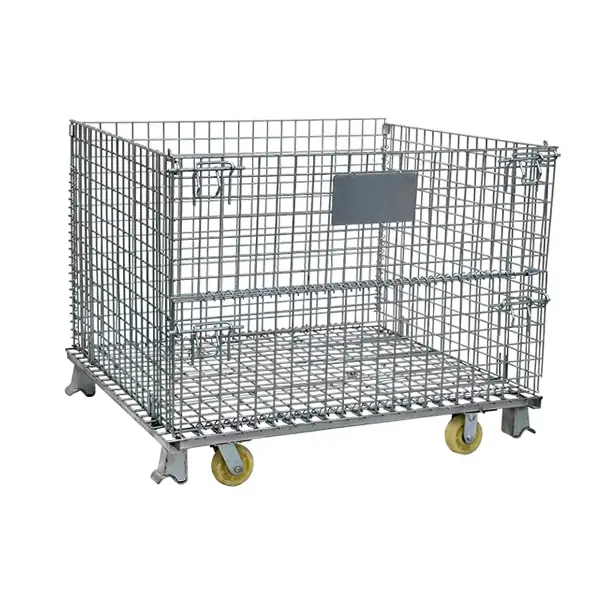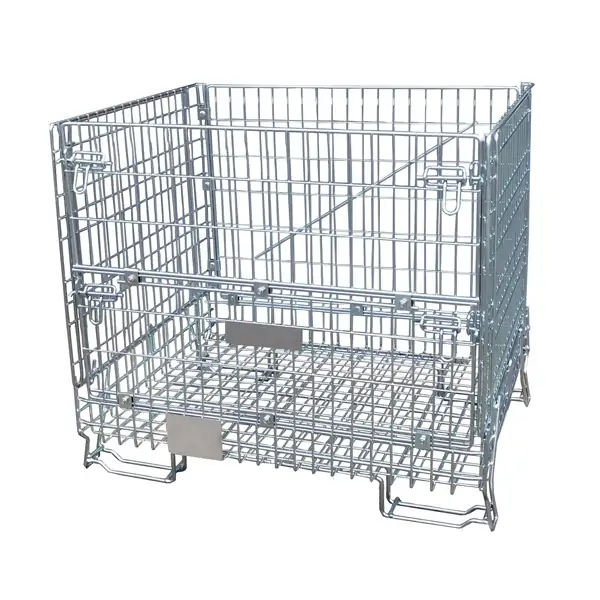Stainless steel filter mesh is a versatile key component for filtration, sieving and separation. Mesh sizes range from 1 to 635 and are critical in determining the effectiveness of the filter and suitability for the application. Factories that specialize in the production of stainless steel filter mesh play a vital role in providing high-quality products to a variety of industries.
Table of Contents
ToggleUnderstanding Mesh Size
Mesh size refers to the number of openings per linear inch in a wire mesh. It significantly impacts the mesh’s filtration capacity and application. A smaller mesh size (e.g., 1-100) typically allows larger particles to pass through, while a larger mesh size (e.g., 101-635) is used for finer filtration, capturing smaller particles.
Different industries require varying mesh sizes based on their specific needs. For instance, the food and beverage industry may use finer mesh sizes to ensure product purity, while the construction industry might opt for coarser meshes for gravel and sand separation.
Materials and Manufacturing Process
Wire mesh production involves several steps, each contributing to the final product’s strength, durability, and versatility. Let’s explore the intricate process:
1.Raw Materials: High-quality steel, stainless steel, or other wire mesh materials serve as the foundation. These materials must meet stringent standards to ensure durability and strength.
2.Wire Drawing: The selected raw materials are drawn through a series of dies to gradually reduce their diameter. This process improves the wire’s tensile strength and prepares it for further transformation.
3.Wire Coating: In some cases, wires are coated with protective layers (such as galvanization or PVC) to enhance resistance to corrosion and rust. Coatings extend the mesh’s lifespan and adapt it for various environments.
4.Weaving: Weaving is the heart of wire mesh production. Wires are interwoven to create the desired pattern. The mesh’s weave type (plain, twill, or Dutch) determines its properties and applications.
5.Mesh Types: Wire mesh comes in various types tailored for specific purposes. These include architectural mesh (for design applications), filter mesh (for liquid and gas filtration), and hardware cloth (for industrial needs).
6.Welding: In some cases, wire mesh is created through welding rather than weaving. Intersecting wires are fused using heat, ensuring a sturdy and long-lasting mesh.
7.Cutting and Shaping: Wire mesh can be customized to suit specific requirements. Manufacturers cut and shape it according to size and dimensions needed.
8.Quality Control & Treatment:
- Surface Treatment: Painting and powder coating add protection and enhance appearance, especially for applications where aesthetics matter.
- Quality Control: Stringent measures ensure the mesh meets industry standards for strength, durability, and consistency.
If you’re interested in customized wire mesh, HeBei YESON in the CN provides tailored solutions.
Features and Benefits of Stainless Steel Filter Wire Mesh
Stainless steel filter wire mesh is indeed essential in various industrial contexts. Let’s explore some key aspects of stainless steel wire mesh filters:
1.Material Traits:
- Stainless Steel: This metal is preferred for filter, strainer, and basket composition due to several important traits:
- Optimum flow rates.
- Precise aperture size distribution.
- High levels of stability.
- Rigidity.
- Advanced abrasion resistance.
- No particle detachment.
- Easy to clean.
- Good plasticity.
- Chemical and thermal resistance.
- Smooth surface structure.
2.Weave and Construction:
- Weave: The weave pattern affects flow rate, micron rating, and open area. Options include coarse, medium, fine, and ultra-fine weaves.
- Construction: Different options withstand high temperatures, varied chemicals, and high-pressure environments. Examples include sintered mesh (down to >1 micron absolute), photo-etched media, and laminated media.
3.Form Factors:
- Popular form factors include dome filters, conical filters, disc & pleated disc filters, mesh forms, belts, straps, and cylindrical filters.
4.Fluid Compatibility:
- These filters are compatible with most popular industrial fluids, including hydraulic fluid, fuel, coolant, lubricant, water, cutting oil, and liquefied propellants.
5.Custom Engineered Filter Housings:
- On-site CNC facilities allow precision machining of metal housings, end caps, fittings, and more.
- Integrated CNC, welding, fabrication, and finishing ensure shorter lead times and cost efficiency.
6.Materials and Housings:
- Materials can be stainless steel, carbon steel, or titanium.
- Custom fittings and housings are machined on-site, eliminating the need for multiple suppliers.
Choosing the Right Mesh Size
Selecting the appropriate mesh size is crucial for achieving optimal performance in filtration and separation applications. Factors to consider include the size and type of particles to be filtered, the flow rate, and the specific requirements of the industry.
For instance, the pharmaceutical industry requires very fine mesh sizes to ensure the purity of drugs, while the mining industry might need coarser meshes for mineral processing. Understanding the unique needs of each application helps in determining the most suitable mesh size.
Factory Capabilities and Innovations
1.Advanced Manufacturing Technology:
The stainless steel filter mesh factory uses state-of-the-art machinery and advanced manufacturing technologies. These technologies include automated weaving and welding processes. The goal is to increase production efficiency and precision.
2.Customization Options:
The factory offers customization services to provide customers with unique mesh patterns, sizes, and materials.
3.Quality Assurance and Compliance:
Certifications to industry standards such as ISO and ASTM demonstrate the factory’s commitment to producing high-quality, reliable mesh products.
Case Study: A Leading Stainless Steel Filter Wire Mesh Factory
Hebei YESON Wire Mesh Products Co., Ltd. is one of the leading stainless steel filter mesh factories in China. Established in 1990, it has grown into a well-known supplier of high-quality wire mesh products. Its extensive product range includes a variety of mesh sizes, materials, and customization options to meet the needs of different industries.
The main products provided by Hebei YESON Wire Mesh Products Co., Ltd. include woven wire mesh, welded wire mesh, and custom filters. They have successfully completed numerous projects, providing filtration solutions for the petrochemical, pharmaceutical, and food processing industries. Customer testimonials highlight their dedication to quality, timely delivery, and excellent customer service.
FAQ: 1-635 Mesh Stainless Steel Filter Wire Mesh
Q1: What does the mesh size (1-635) indicate?
- A1: Mesh size refers to the number of openings per linear inch in a wire mesh. A lower mesh number (e.g., 1) has larger openings, suitable for coarse filtration, while a higher mesh number (e.g., 635) has smaller openings for fine filtration.
Q2: What types of stainless steel are used in filter wire mesh?
- A2: Common types include 304, 316, and 316L stainless steel. Each type offers unique benefits such as corrosion resistance, strength, and suitability for different environmental conditions.
Q3: What are the primary applications of stainless steel filter wire mesh?
- A3: Applications include filtration, sieving, and separation in industries like pharmaceuticals, food and beverage, petrochemical, mining, and construction.
Q4: How is stainless steel wire mesh manufactured?
- A4: Manufacturing processes include weaving and welding. Weaving involves interlacing wires to form the mesh, while welding joins wires at intersections for a more rigid structure. Quality control is essential throughout the process.
Q5: Why is stainless steel preferred for filter wire mesh?
- A5: Stainless steel is durable, corrosion-resistant, and capable of withstanding various environmental conditions. It also provides precise filtration and has a long lifespan, making it cost-effective.
Q6: How do I choose the right mesh size for my application?
- A6: Consider factors such as the size and type of particles to be filtered, the required flow rate, and specific industry requirements. Consulting with experts or suppliers can help determine the most suitable mesh size.
Q7: Can stainless steel wire mesh be customized?
- A7: Yes, many factories offer customization options for specific needs, including unique mesh patterns, sizes, and materials to meet particular customer requirements.
Q8: What should I look for in a stainless steel filter wire mesh factory?
- A8: Look for factories with advanced technology, stringent quality control, industry certifications (e.g., ISO, ASTM), and a track record of successful projects and satisfied customers.
Q9: Are there any industry standards for stainless steel wire mesh?
- A9: Yes, standards such as ISO and ASTM provide guidelines for quality and specifications of stainless steel wire mesh products.
Q10: What are the benefits of using stainless steel filter wire mesh over other materials?
- A10: Benefits include superior durability, resistance to corrosion and high temperatures, precision in filtration, and long-term cost-effectiveness due to reduced maintenance and replacement needs.
Conclusion
Choosing the right mesh size and factory is essential for achieving optimal performance and cost-effectiveness. By understanding the unique requirements of different applications and selecting a reputable supplier, businesses can ensure they receive the best filtration solutions for their needs.

